COURSE OVERVIEW
HE1913 : Scaffold Inspection & Working at Height
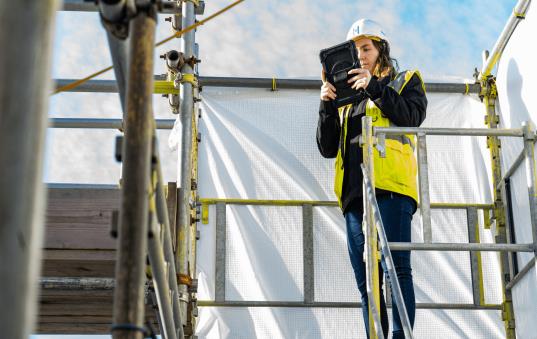
OVERVIEW
| COURSE TITLE | : | HE1913 : Scaffold Inspection & Working at Height |
| COURSE DATE | : | Apr 14 - Apr 18 2025 |
| DURATION | : | 5 Days |
| INSTRUCTOR | : | Mr. Russell Mason |
| VENUE | : | Abu Dhabi, UAE |
| COURSE FEE | : | $ 5500 |
Course Description
(1)
Industrial Facility Visit: Course participants will be taken to an industrial facility where they will practice scaffold inspection and working at height procedures. In case this course is organized inside client premises (In-House), the client shall provide access to its scaffolding structures and height-access equipment for practical sessions.
(2)
Tekla Simulator: Participants will use in the class our state-of-the-art “Tekla Structures Simulator” to practice some of the skills learnt.
This course is designed to provide participants with a detailed and up-to-date overview on Scaffold Inspection and Working at Heights. It covers the risks, statistics and the importance of safety in high-altitude operations; the different types of scaffolding and components that make up scaffolding structures; the fundamentals of load calculations, weight distribution and load capacity; the scaffolding regulations and standards; the procedures and best practices for safely erecting and dismantling scaffolding; the best practices for safely transporting and handling tools and materials on scaffolding; and inspecting various types of scaffolds, focusing on welds, corrosion and structural integrity.
During this interactive course, participants will learn the common scaffolding hazards; documenting findings and report issues during inspections; the non-destructive testing (NDT) methods and risk assessment for working at heights; the environmental factors affecting scaffolding safety and worker stability at heights; the routine checks and maintenance for height safety equipment to ensure reliability; the human factors and promoting a safety culture among workers at heights; and conducting safety audits and ensuring compliance with height safety regulations.
TRAINING METHODOLOGY
This interactive training course includes the following training methodologies:
LecturesPractical Workshops & Work Presentations
Hands-on Practical Exercises & Case Studies
Simulators (Hardware & Software) & Videos
In an unlikely event, the course instructor may modify the above training methodology for technical reasons.
VIRTUAL TRAINING (IF APPLICABLE)
If this course is delivered online as a Virtual Training, the following limitations will be applicable:
| Certificates | : | Only soft copy certificates will be issued |
| Training Materials | : | Only soft copy materials will be issued |
| Training Methodology | : | 80% theory, 20% practical |
| Training Program | : | 4 hours per day, from 09:30 to 13:30 |
RELATED COURSES
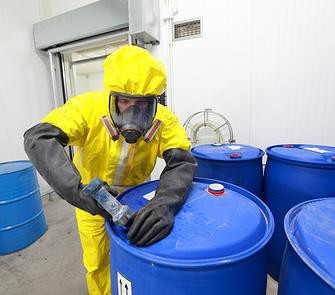
HE0904 : Basic Principles of Industrial Hygiene (Certified)
- Date: Mar 29 - Apr 02 / 3 Days
- Location: Al Khobar, KSA
- Course Details Register
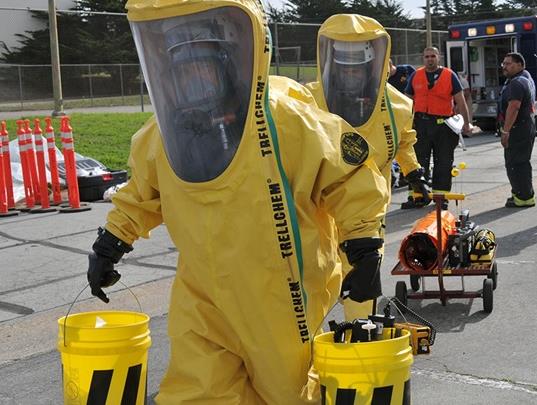
HE0581-3D : Certified Radiation Protection Officer (RPO) In-line with the Requirements of the Federal Authority for Nuclear Regulation (FANR)
- Date: Mar 02 - Mar 04 / 3 Days
- Location: Dubai, UAE
- Course Details Register
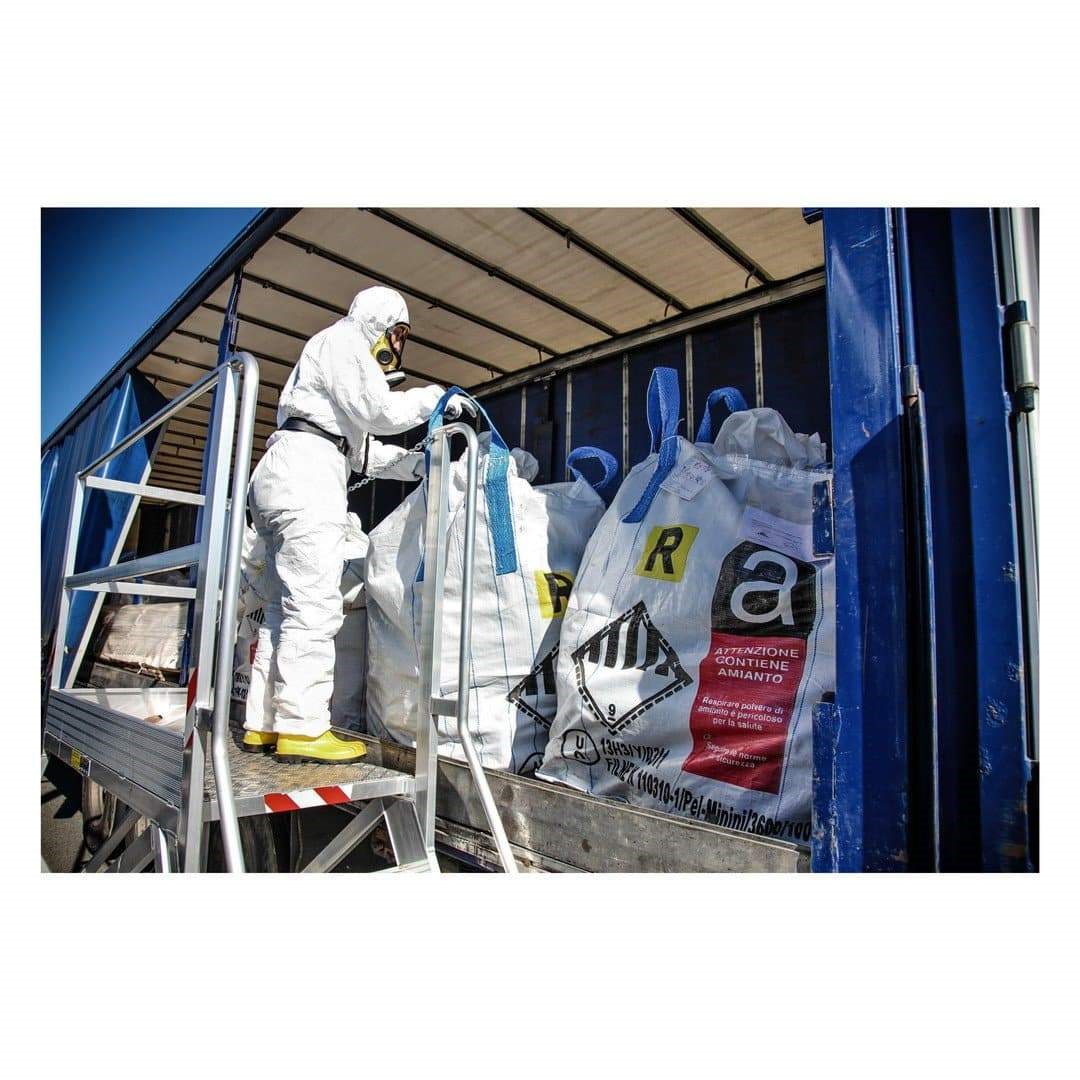
HE1939 : Industrial Hygiene Certification Program: BOHS-M504: Asbestos and Other Fibres (Accredited by the British Occupational Hygiene Society-BOHS)
- Date: Mar 29 - Apr 02 / 3 Days
- Location: Dubai, UAE
- Course Details Register
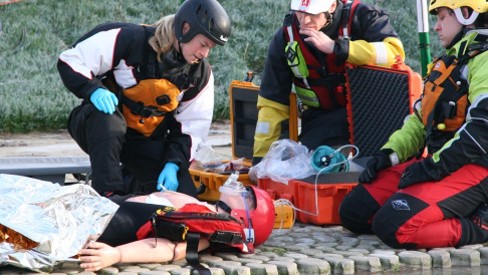
HE0970 : الإسعافات الأولية
- Date: Mar 29 - Apr 02 / 3 Days
- Location: Kuwait
- Course Details Register
